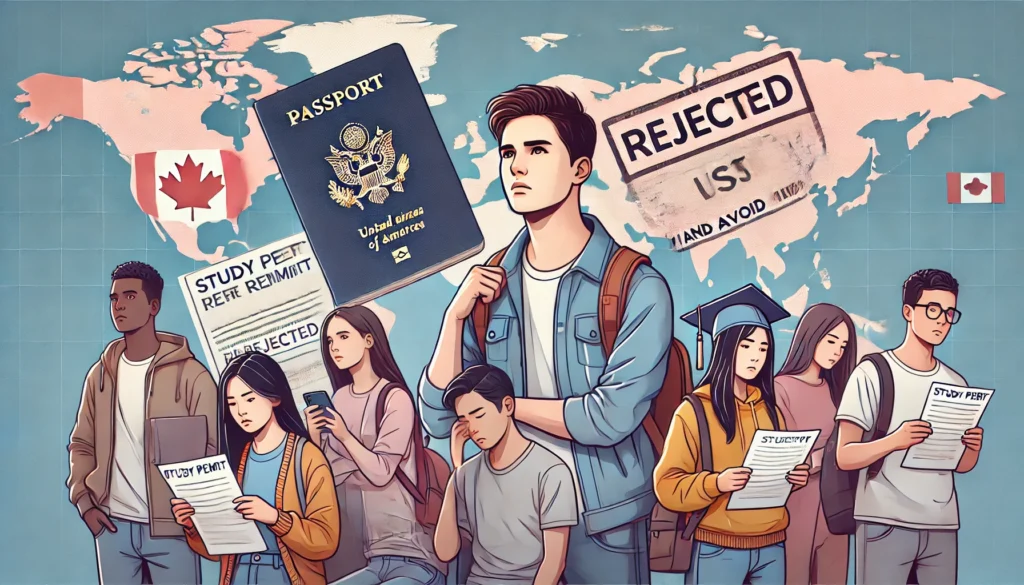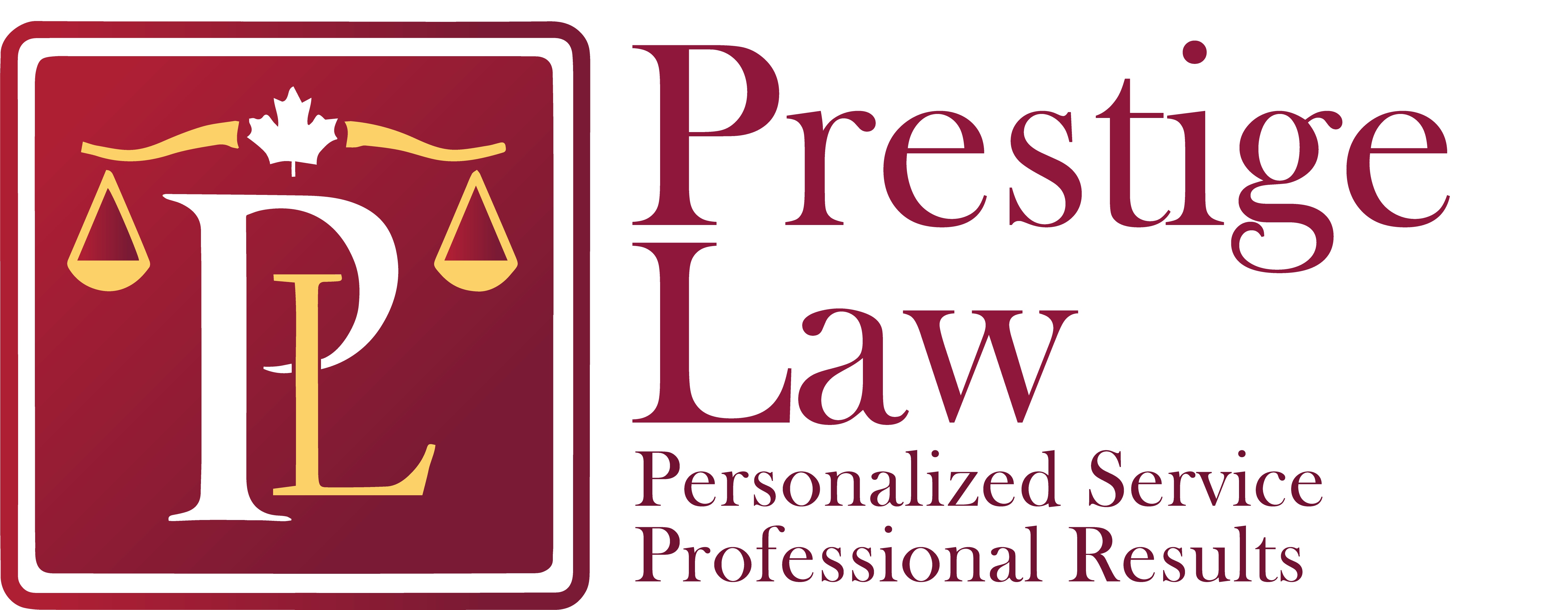Five Common Reasons Your Study Permit May Be Rejected (And How to Avoid Them)

When it comes to studying abroad, securing a study permit is the first essential step toward making your educational dreams a reality. Whether you’re planning to study in Canada, the USA, or any other popular destination, the study permit (or student visa) serves as the key to entering and staying in the country for your studies. However, the process can sometimes feel daunting, especially when facing the possibility of a rejection.
Many students apply for a study permit, only to find themselves facing an unexpected refusal. According to immigration experts and real-life experiences, there are several common reasons why study permit applications may be rejected. Understanding these reasons can help you avoid pitfalls, increase your chances of approval, and ensure that you’re well-prepared for the application process.
In this blog post, we’ll explore five common reasons why study permits are rejected and provide practical tips on how to avoid them.
1. Inadequate Proof of Financial Support
One of the most common reasons for a study permit rejection is insufficient proof of financial support. Immigration authorities want to ensure that international students have enough funds to cover their tuition fees, living expenses, and other costs during their stay in the country. If you fail to demonstrate that you have the financial means to support yourself, your application may be rejected.
How to Avoid This:
- Provide clear and complete documentation of your financial resources. This could include bank statements, affidavits of support from family members, scholarship offers, or financial guarantees.
- Ensure that the funds shown are readily available and can be accessed during your stay.
- Be realistic about your budget. Show that you can cover not just your tuition, but also your accommodation, travel, food, and other personal expenses.
Tip: Immigration authorities typically look for students who are financially stable and not reliant on potential income from part-time work. Be thorough in demonstrating your financial preparedness.
2. Failure to Meet the Academic Requirements
To be granted a study permit, you must meet the academic requirements for the program you wish to pursue. If you’re applying for a study permit, you should be able to demonstrate that you’ve been accepted into a recognized institution, and your academic background matches the qualifications needed for your chosen program. If you fail to provide adequate proof of admission or your academic credentials are not sufficient, your application may be rejected.
How to Avoid This:
- Ensure that your acceptance letter from the educational institution is valid, clear, and authentic.
- Double-check that your grades and academic history align with the requirements for the program you’re applying to.
- If required, submit translations of your transcripts and academic records from a certified translator.
Tip: Institutions often have specific admission requirements. Be sure you meet these before applying for a study permit. Some institutions may also require additional documentation, such as language proficiency scores (e.g., IELTS or TOEFL) for non-native speakers.
3. Lack of Ties to Your Home Country
One of the most critical aspects of your study permit application is proving that you have strong ties to your home country. Immigration authorities want to ensure that you intend to return home once your studies are completed and that you are not using your student visa as a way to immigrate permanently. A lack of clear evidence that you have strong social, economic, or familial connections to your home country can result in a refusal.
How to Avoid This:
- Demonstrate that you have significant ties to your home country by providing evidence of property ownership, a family business, or family relationships.
- If you have a job offer or educational opportunities lined up in your home country post-graduation, include this in your application to show your intention to return.
- Include a personal statement explaining your future plans and how studying abroad fits into your long-term goals.
Tip: Immigration officers need to feel confident that you’re coming to study and will leave after completing your program. The stronger the evidence of your ties, the more likely your permit will be approved.
4. Incomplete or Incorrect Application
One of the easiest ways to have your study permit rejected is by submitting an incomplete or incorrect application. Immigration officials receive thousands of applications, and even small errors can lead to delays or rejections. Missing information, incorrect details, or failing to submit required documents can all cause issues.
How to Avoid This:
- Carefully review the application guidelines and double-check that you have included all required documents.
- Ensure that all forms are filled out correctly, with no missing or inaccurate information.
- If possible, seek professional help from an immigration consultant or lawyer to guide you through the application process.
Tip: Attention to detail is key. Submitting a well-organized, error-free application will increase your chances of approval.
5. Failure to Convince the Officer of Your Genuine Intent to Study
At the core of every study permit application is the question: “Is this applicant genuinely coming to study, or do they have other motives?” If immigration officers believe that you may be using your study permit as a way to enter the country for reasons other than education, your application may be denied. Common concerns include applicants who seem to be applying for a study permit just to work or to live in the country permanently.
How to Avoid This:
- Be clear in your statement of purpose and explain why studying abroad is important to your educational and career goals.
- Provide a well-thought-out study plan that outlines how the program will benefit your future.
- Address any potential red flags in your application—such as gaps in your education or frequent travel to other countries—by providing solid explanations.




